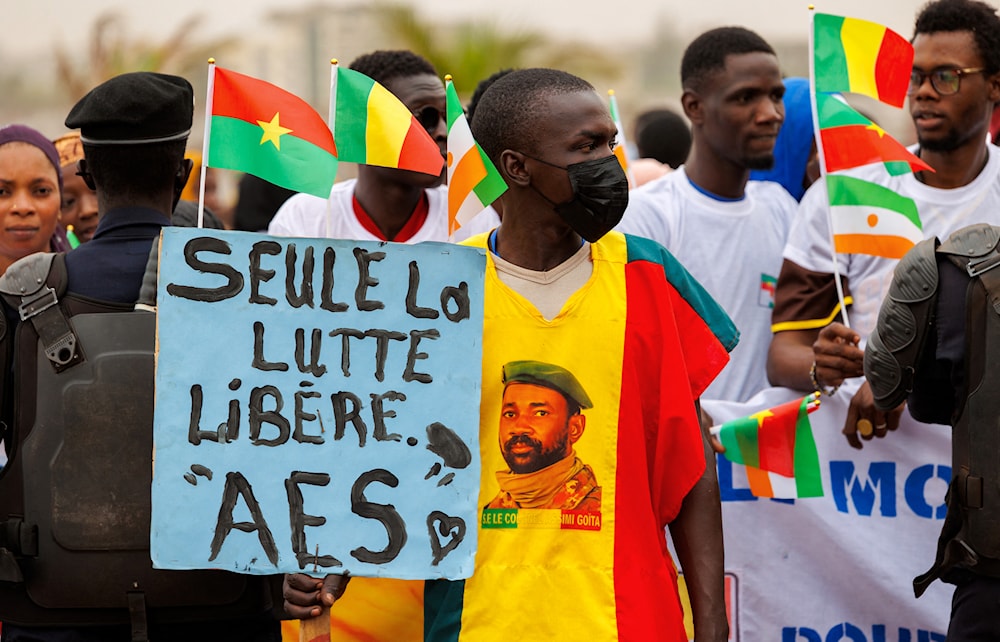On 16 September 2023, Burkina Faso, Mali, and Niger, three West African nations led by military juntas, announced the creation of the Alliance of Sahel States (AES). This move marked a significant shift in the political landscape of the region, particularly when these nations made good their threat to withdraw from ECOWAS in January 2024.
The formation of this alliance has raised concerns about the future of regional integration and democracy in Africa. The withdrawal of these countries from ECOWAS disrupts decades of regional integration efforts. With an annual commerce and service flow worth US$150 billion at stake, some experts have termed this as West Africa’s Brexit moment.
The three nations have been plagued by multiple coups since 2020, driven by discontent against government failures to quell rebel insurrections, high levels of poverty, inequality, and corruption.
The relationship between these nations and their former colonial ruler, France, has also soured following the coups. France was forced to withdraw its troops from Burkina Faso and Mali after a tense standoff with the Junta governments. In December 2023, French operations in West Africa ended when the last of their troops left Niger.
The Liptako-Gourma Charter and the AES
The AES was established through the signing of the Liptako-Gourma Charter. The Liptako-Gourma region, where the borders of all three countries intersect, is home to 45 percent of their total population. It has been experiencing a severe security crisis due to the presence of different militia groups.
The charter pledges mutual military support among member nations in case of attack and obligates cooperation to end or prevent armed uprisings.
However, the AES aims to go beyond just tripartite security. The three countries plan to promote their economic independence and emancipation, including creating a new common currency.
Given their strained relations with France, which currently issues the CFA franc used by these nations, the AES is strongly considering creating its own currency to display financial independence.
Implications for the Sahel Region and Democracy in Africa
The formation of the AES could significantly diminish French influence in the region, marking an end to its postcolonial legacy in West Africa.
It also poses challenges for ECOWAS, as it mirrors Mauritania’s earlier withdrawal from the organization. The division within ECOWAS and among Francophone states could hinder continental integration.
The AES also opens doors for non-Western powers such as Russia, China, and Iran. With the waning French influence and growing Russian presence, the region may eventually become a theatre for a proxy war.
While the AES may be seen as a cover for the putschists to increase their grip on power, it is more than just a security or military agreement. It combines military and economic efforts among the three countries.
However, given that these are among the poorest nations globally, building new institutions without finance and technical capacity will be challenging.
It remains to be seen how this alliance will navigate the complex political landscape and whether it can deliver on its promises to the benefit their citizens.



